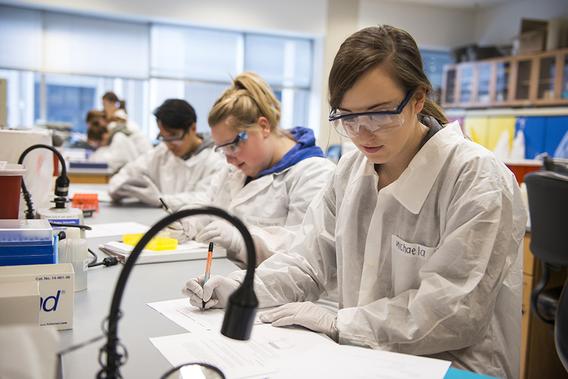The health sciences at the University of Minnesota, with more than forty years of experience with interdisciplinary and interprofessional education, is recognized as a national leader in interprofessional health professions education.

Evolving expectations require evidence that schools are preparing their graduates in interprofessional experiences for the transforming health environment.
Furthermore, numerous national reports recommend changing education for undergraduate, graduate and continuing health professions to align with the needs of the health care system. State and national health reforms require health professionals to collaborate in teams, health homes and accountable care organizations. Forty-six health professions school associations including the American Association of Medical Colleges, Colleges of Nursing, and Colleges of Pharmacy, in addition to the American Dental Education Association are collaborating nationally to develop competencies and requirements to guide interprofessional education in the United States.
1Health: UMN Interprofessional Education Program
Through its 1Health initiative, University of Minnesota prepares students in allied health, dentistry, medicine, nursing, pharmacy, public health, and other related programs, such as social work, to develop the skills needed for success in interprofessional collaborative practice.
1Health challenges students throughout their academic careers to understand and value the importance of teamwork, communication and collaborative care as they grow into their roles as health professionals.